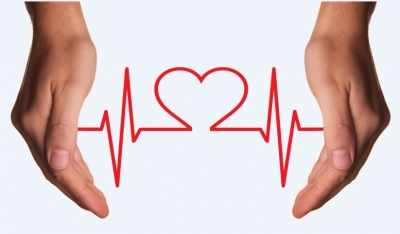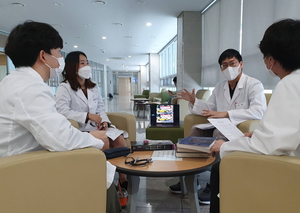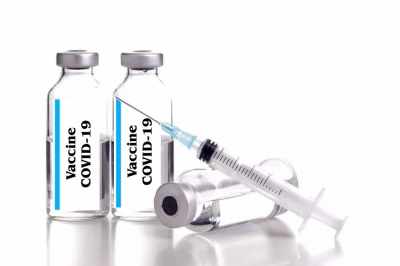Peers' genetic traits impact substance use, mental health

New Delhi, Aug 7 (IANS) Your peers can actually change your lives, for the worse, as a new study shows that peers’ genetic traits can significantly influence substance use and impact mental health.
The study highlights the long-term consequences of peers’ genetic makeup on individual risk for drug and alcohol use disorders, depression, and anxiety.
“Peers’ genetic predispositions for psychiatric and substance-use disorders are associated with an individual’s own risk of developing the same disorders in young adulthood,” said Jessica E. Salvatore, an associate professor of psychiatry at the Rutgers Robert Wood Johnson Medical School and lead author of the study.
“What our data exemplifies is the long reach of social genetic effects,” she added.
Socio-genomics, the influence of one person’s genotype on another’s observable traits, is an emerging field.
To test this, Salvatore and colleagues used Swedish national data to assess peer social genetic effects for several psychiatric disorders.
The anonymised database included over 1.5 million individuals born in Sweden between 1980 and 1998.
Researchers mapped individuals by location and school during their teenage years and used medical, pharmacy, and legal registries to document substance use and mental health disorders in adulthood.
Models assessed whether peers’ genetic predispositions predicted target individuals’ likelihood of experiencing substance abuse, major depression and anxiety disorder in adulthood.
Peers’ genetic predispositions were indexed with family genetic risk scores for the same conditions.
Even when controlling for target individuals’ own genetic predispositions and family socioeconomic factors, the researchers found a clear association between peers’ genetic predispositions and target individuals’ likelihood of developing a substance use or psychiatric disorder.
The effects were stronger among school-based peers than geographically-defined peers.
Within school groups, the strongest effects were among upper secondary school classmates, particularly those in the same vocational or college-preparatory track between ages 16 and 19.
Social genetic effects for school-based peers were greater for drug and alcohol use disorders than major depression and anxiety disorder.
“The most obvious explanation for why peers’ genetic predispositions might be associated with our own well-being is that peers’ genetic predispositions influence their phenotype,” Salvatore said.
“But in our analysis, we found that peers’ genetic predispositions were associated with target individuals’ likelihood of disorder even after we statistically controlled for whether peers were affected or unaffected,” the study indicated.
Salvatore emphasised the importance of network-based and social interventions to address these disorders.
“Peer genetic influences have a very long reach,” she concluded.
–IANS
ts/rad





